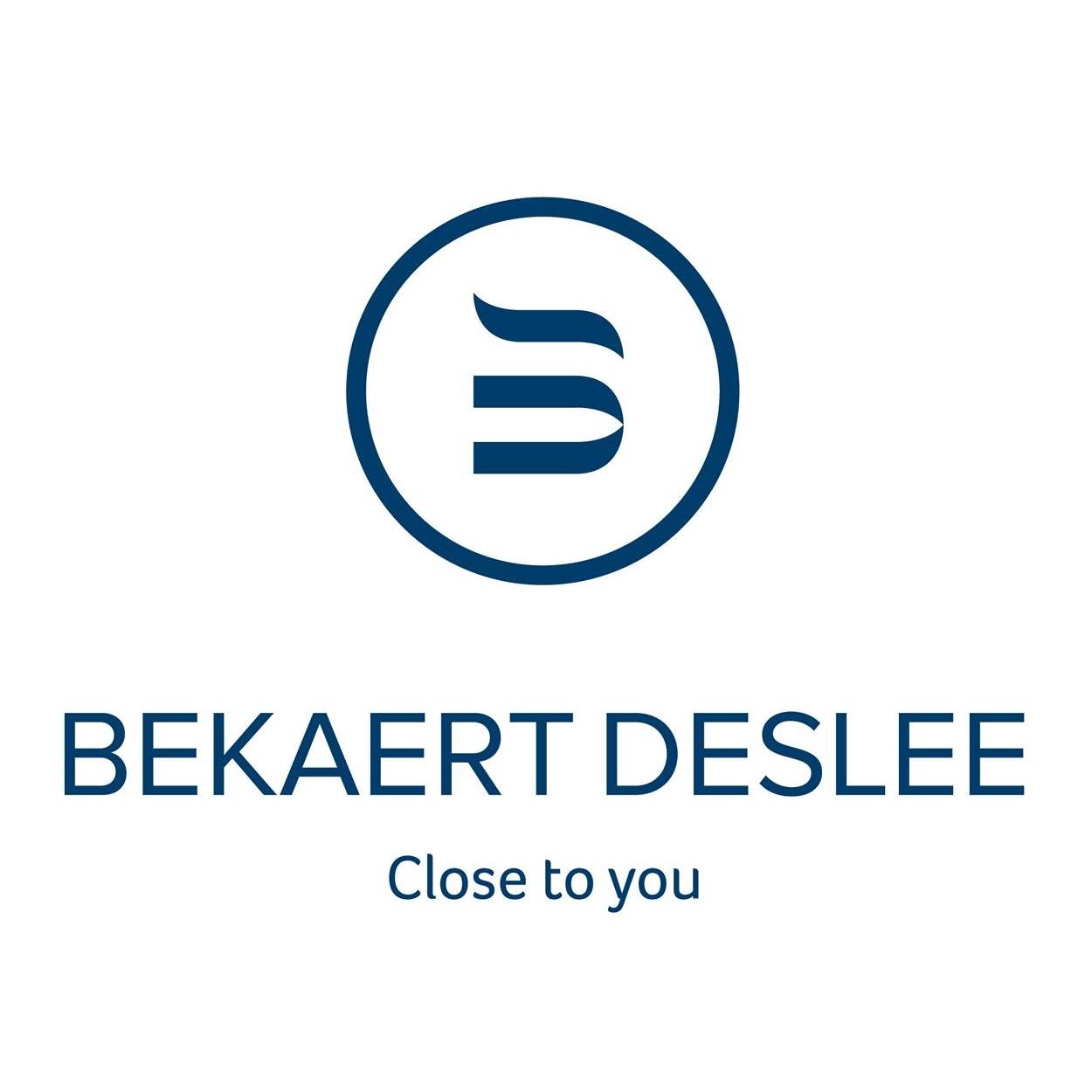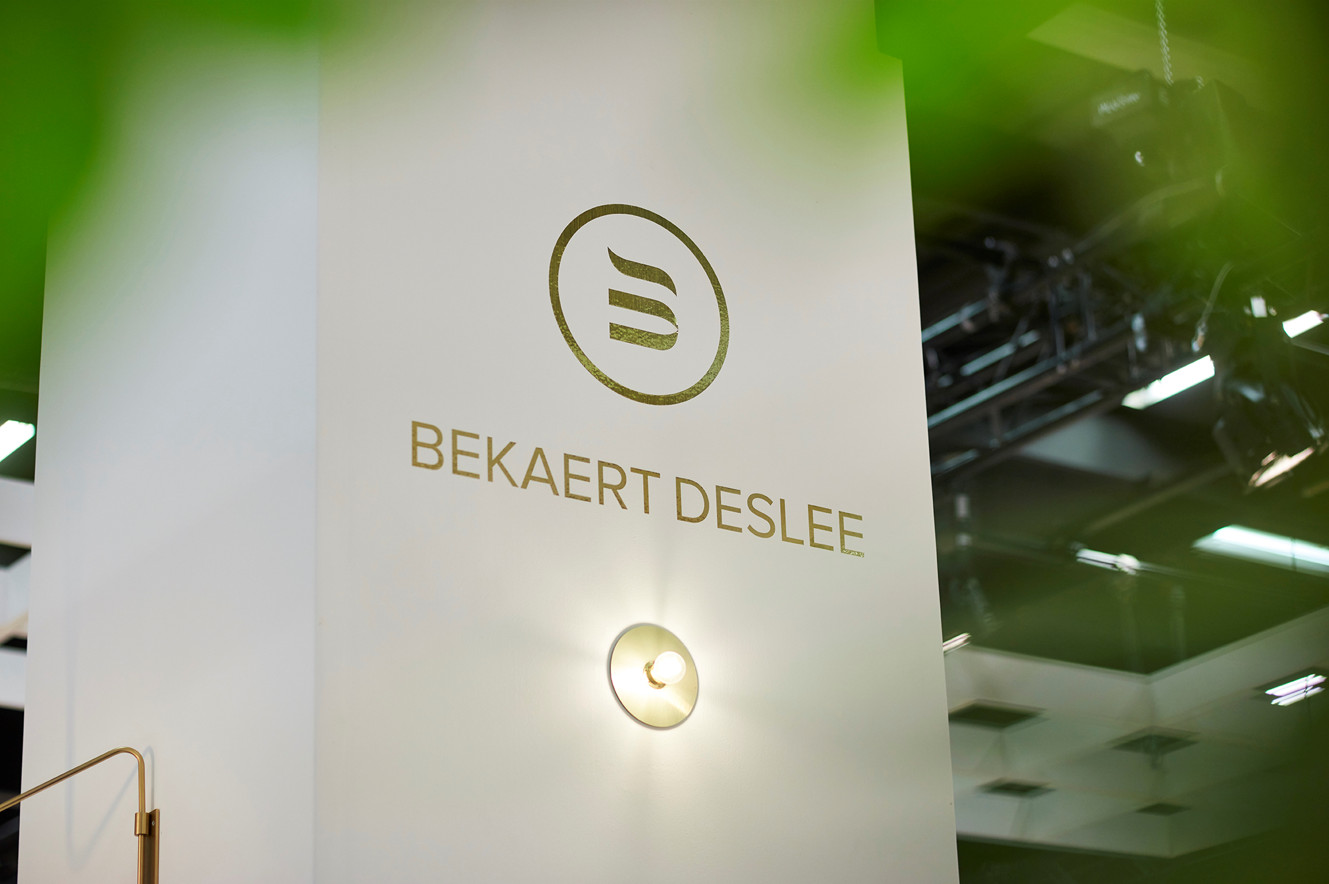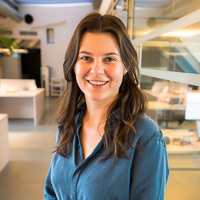Approach
The goal was to develop a GHG reduction roadmap with associated investments, costs and savings, simulated in different scenarios. The project included the following steps:
-
Peer benchmarking: an in-depth peers’ analysis was executed to, firstly, create a benchmark on climate targets and secondly to obtain an overview on the reduction actions of peers and along the value chain (suppliers and customers).
-
End-of-life scenario simulation: Reducing emissions associated with the end-of-life phase of sold products poses a significant challenge for BekaertDeslee as it largely depends on external stakeholders such as existing waste routes and infrastructure. To address this issue, Möbius developed a dashboard that simulated end-of-life emissions and costs across various regions where BekaertDeslee has market share and growth ambitions. The dashboard took into account different end-of-life routes, including incineration, recycling, and reusing.
-
Low carbon alternatives scenario analysis: In addition to other initiatives, the procurement of yarns and fibers represents a significant opportunity for BekaertDeslee to reduce their corporate carbon footprint. To support this effort, Möbius compiled a list of alternative low carbon yarns and analyzed their claimed low carbon performance. Using this information, Möbius simulated emission reductions and costs over the next 10 years for various procurement strategies, including virgin yarns, recycled yarns, and eco-yarns.
-
Cost of transition plan (CAPEX/OPEX simulation model): BekaertDeslee's sustainability manager received coaching from Möbius on how to conduct consultations with internal stakeholders, including a survey across various sites, to determine the financial requirements for implementing the 1.5°C targets. To assist with this process, Möbius developed a simulation model that estimates the operational costs, savings, and investments required for each emission category (scope 1, scope 2, and, where possible, scope 3).
Results
-
Benchmarking analysis with targets, main reduction leverages and key actions
-
A clear GHG reduction list of actions applicable to BekaertDeslee to reach its ambitious climate targets
-
An insight into the yearly required CAPEX and OPEX to implement the reduction actions and strategies, as well as the measurable benefits through cost savings
-
A vision on the reduction potential (in tCO2e) of the different strategies for End-of-Life and raw material procurement, considering growth ambition





